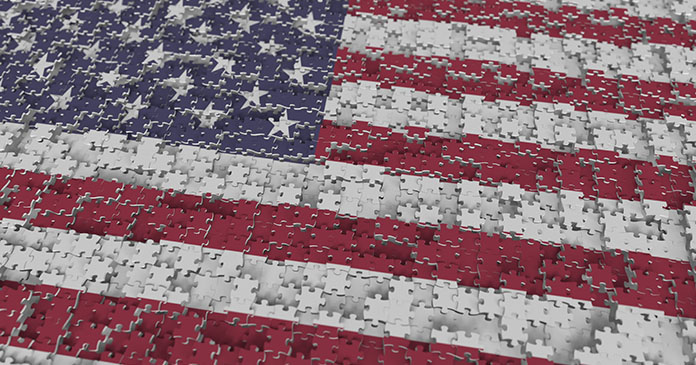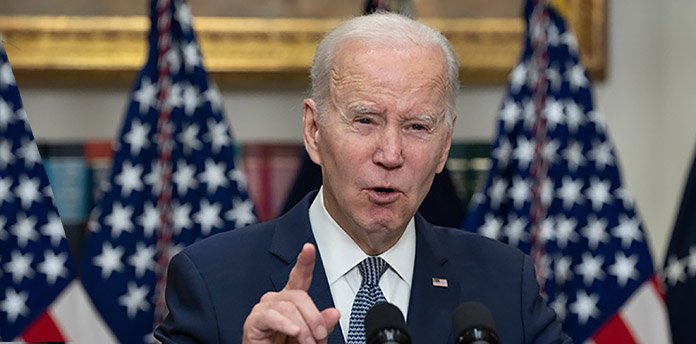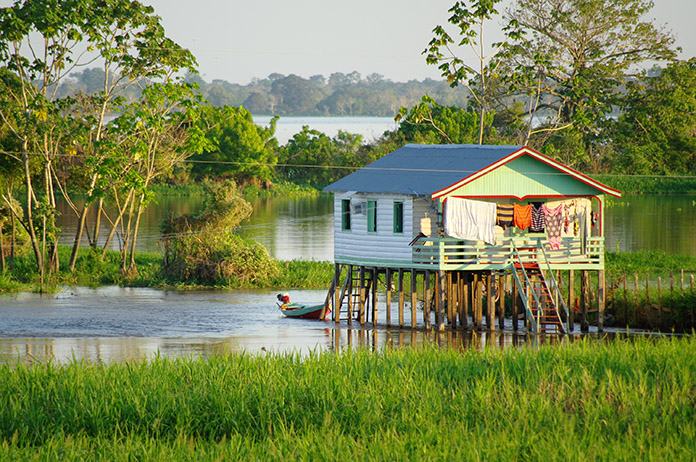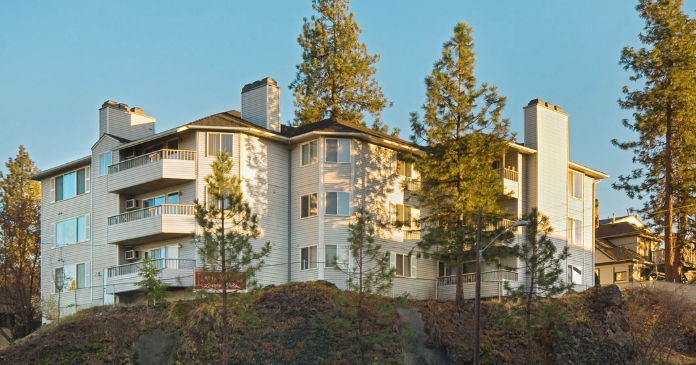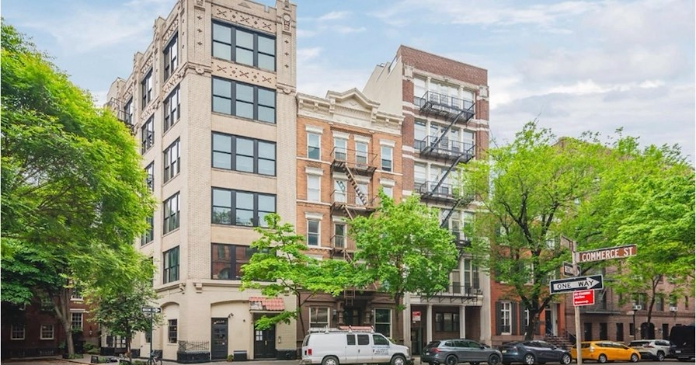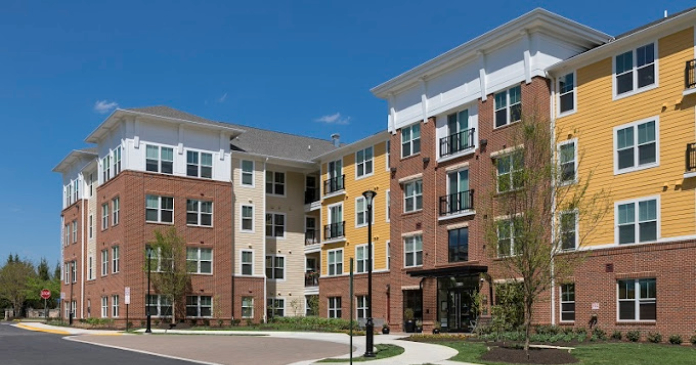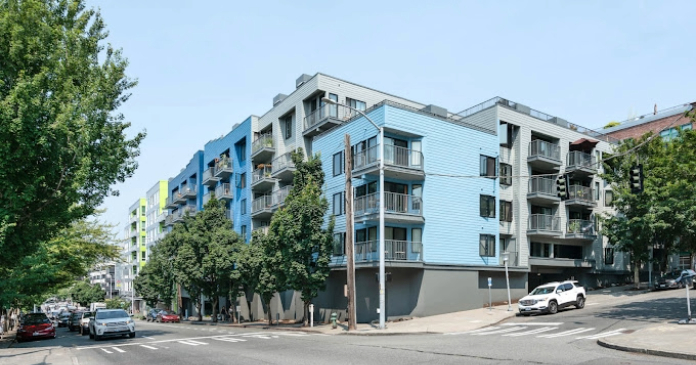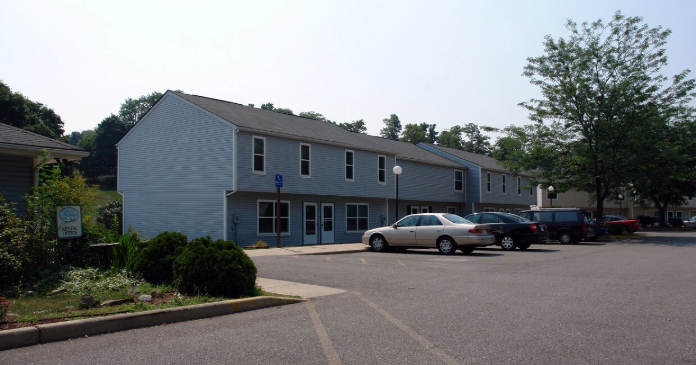In previous decades, the Great Depression inalterably shaped its own generation. It haunted my grandparents, and determined how they would work and save the rest of their lives.
How will the past two years impact the lives of our children? Will they become savers? Will they detest waste? Will the challenges of their youth set a foundation for America’s next Great Generation?
It’s a nice dream, but I hope that, at a minimum, the U.S will emerge from the Great Recession having learned valuable, enduring lessons that will teach us not the cost of things, but the value of intangibles like family, friends and individual purpose.
I’d be happy if the coming generation, by learning not to take our successes for granted, grew to become a better generation than we.
The freedoms intrinsically afforded us by this democracy, freedom to succeed, to fail, to make ones’ fortune or lose it all, has always been a liberating, almost petrifying thought for many. Neither free markets, capitalism, nor entrepreneurism are for the faint of heart.
The children of the depression went on to become our Greatest Generation. Today, they are shrinking in number. Be sure to take the opportunity to thank those you know or meet. Tell them you appreciate their hard work and tenacity.
America, since before its founding, has created great generations.
The French aristocrat Alexis de Tocqueville wrote in his book, Democracy in America, in 1832 that “majority rule can be ugly, and mad at times,” to British historian and author Niall Ferguson, who lectured last week, “In historical perspective, unless something radical is done soon, the U.S. is heading into Bourbon France territory. It is heading into Ottoman Turkey territory. It is heading into postwar Britain territory” (i.e. fallen empires.) No pressure, right?
Certainly, the world is watching. And they are rooting for us, no matter how it may appear. The tide that Kennedy once said raises all boats has now become a global body. This grand experiment of majority rule continues to confound and perplex, but it will sustain us.
Writes Julia Baird in The Sydney Morning Herald, “The American experiment remains dynamic and robust, even if at times it is deeply unsettling—the tension and dark undercurrents are evident, perhaps especially to outsiders.”
What are we as American’s willing to accept? Is our future one of lower expectations?
Recently, a large piece of the new San Francisco-Oakland Bay Bridge arrived ready-to-install from China. I can’t imagine what my grandfather would have thought of taking tax money from hard working folk, spending it in a way that destroys domestic jobs and sending those jobs abroad. I don’t know what he would have thought of subsidies for Americans to junk their American cars and buy Korean ones, grants to Korean battery makers, or incentives for buying foreign windmills.
The way I see it, multihousing could be the last bastion of hope for America. A nation’s workforce stands ready to make it strong again.


